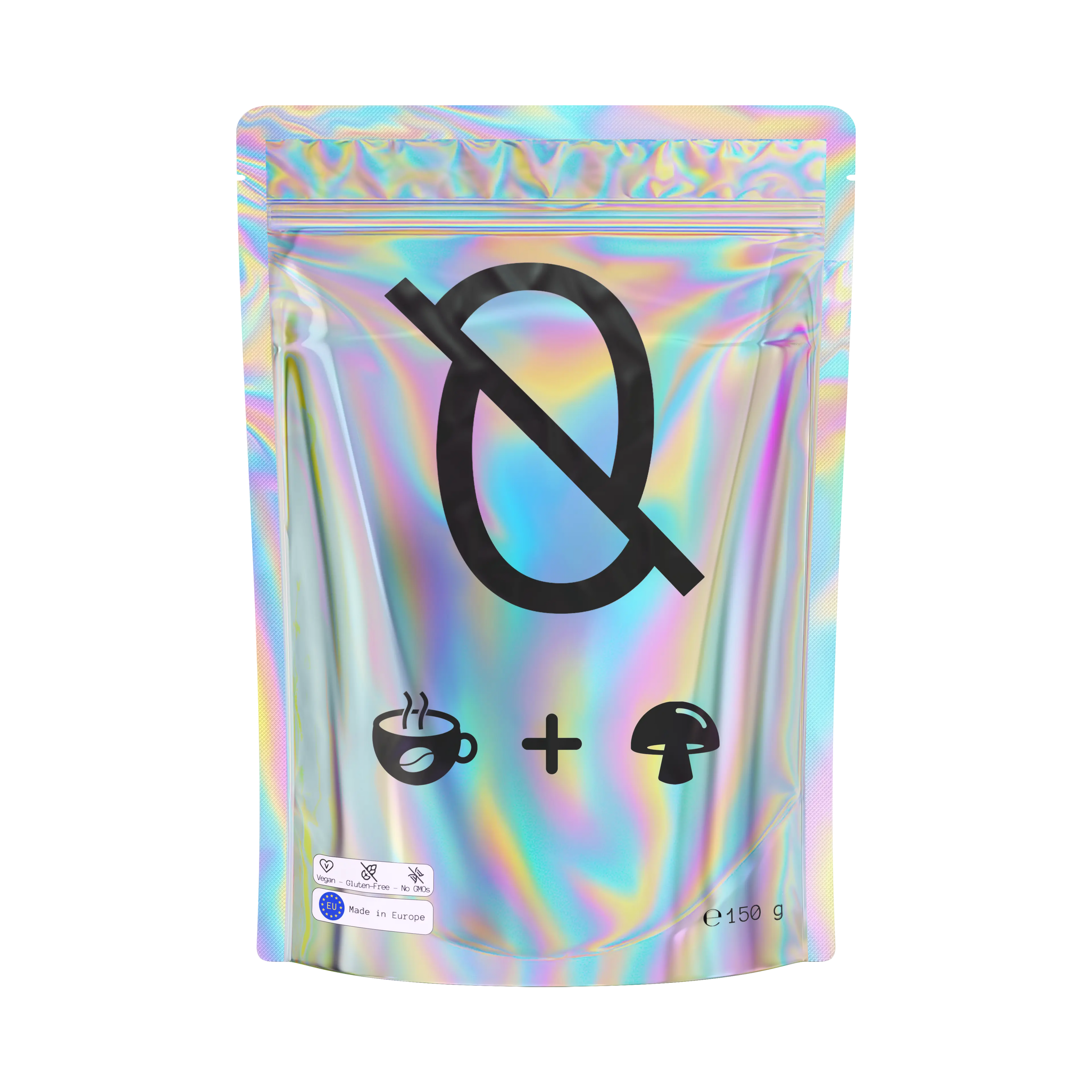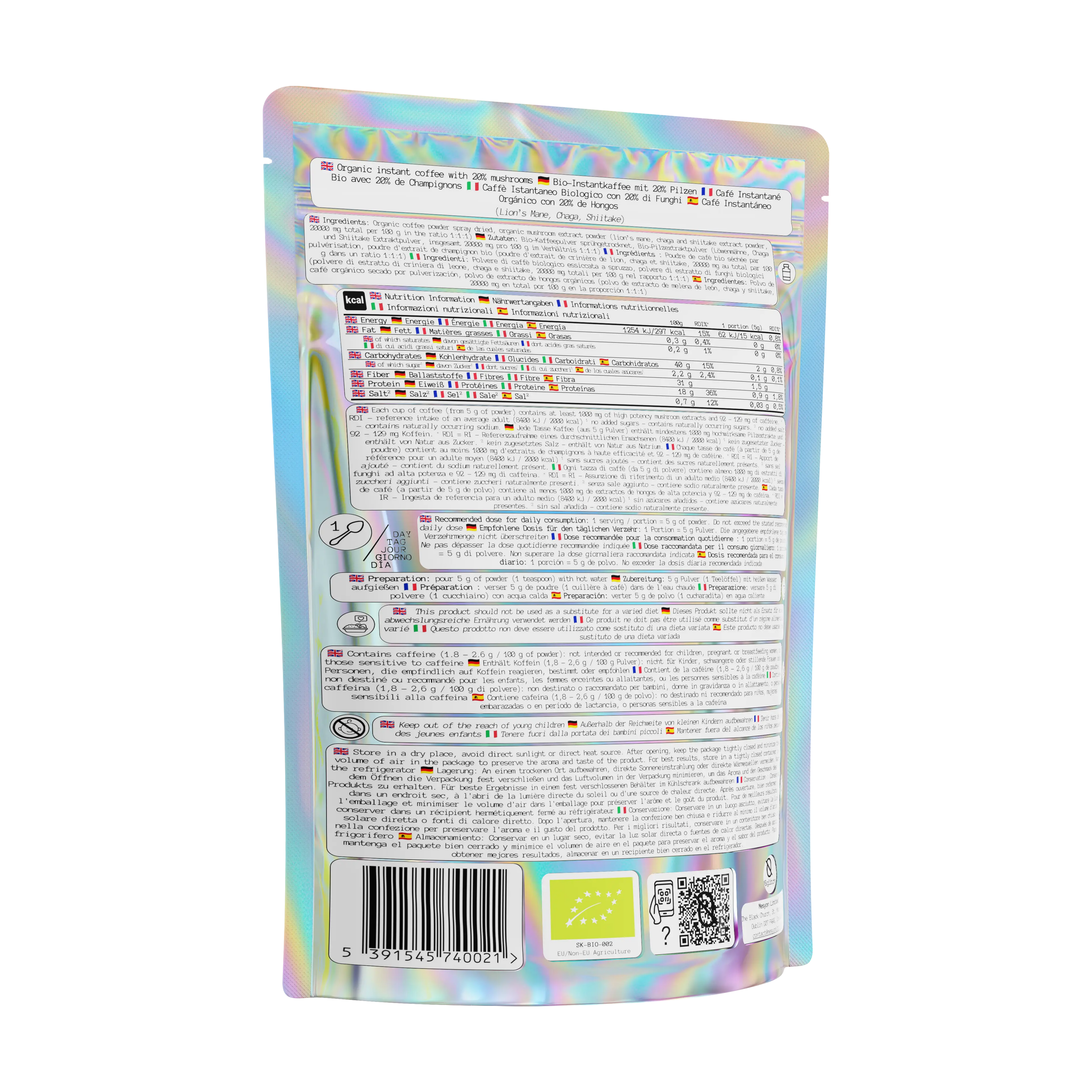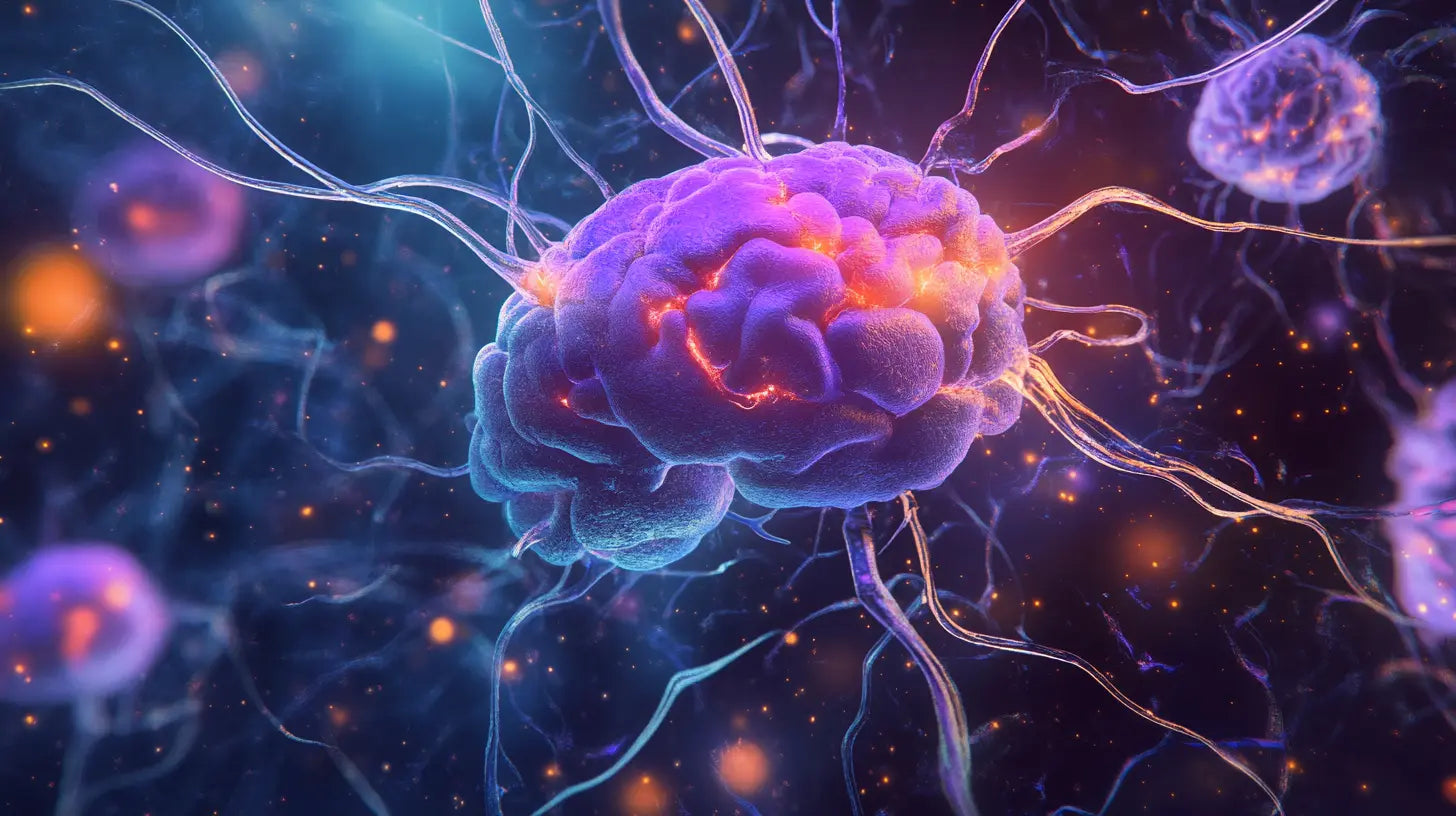
Exploring the potential of Lion's Mane for autism management
In recent years, a certain species of mushroom has gained attention for its potential therapeutic benefits in various neurological disorders. Lion's mane, scientifically known as Hericium erinaceus, is an edible fungus that is believed to exhibit positive effects on cognitive functions, mood, and overall mental health. One area of particular interest is its possible application in managing symptoms associated with autism spectrum disorder.
The Link between Lion's Mane and Neural Health
Lion's mane has been used in traditional Chinese medicine for centuries due to its potential medicinal properties. Modern research has started to validate some of these traditional claims, with several studies noting a range of neurological benefits linked to lion's mane consumption.
Nerve Growth Factor and Neurogenesis
A major key player in lion's mane’s effects on brain health is its ability to stimulate the production of nerve growth factor (NGF). NGF is a protein essential for the growth, maintenance, proliferation, and survival of nerve cells or neurons. An increase in NGF levels can lead to neurogenesis — the process of creating new neurons.
Neuroprotection and Cognitive Function
Moreover, compounds found in lion's mane have demonstrated neuroprotective abilities. They can potentially help promote neuronal health and protect against neurodegenerative diseases like Alzheimer's and Parkinson's by reducing inflammation and oxidative stress in the brain. Improved memory, focus, and learning ability are some of the possible cognitive benefits tied to lion's mane consumption.
Autism Spectrum Disorder: A Brief Overview
Autism spectrum disorder (ASD) is a complex developmental disability that affects an individual's social interaction, communication skills, behavior patterns, and sensory processing. While the causes of autism remain unknown, researchers believe that a combination of genetic, neurobiological, and environmental factors may play a part in its development.
Managing autism can be challenging, as it is a lifelong condition with no known cure. However, various treatments and interventions aim to minimize the impact of ASD symptoms and improve the quality of life for people on the spectrum.
Lion's Mane: A Promising Supplement for Autism Management?
Current research suggests that lion's mane could potentially offer numerous benefits relevant to the management of autism symptoms. Some of these are:
- Enhanced neuronal connectivity: Autism has been linked to anomalies in brain connectivity, which is crucial for effective communication between different regions of the brain. By stimulating NGF production and promoting neurogenesis, lion's mane might aid in enhancing neural connections, possibly leading to improvements in cognitive functions and social behavior associated with autism.
- Anxiety reduction: Anxiety is a common co-occurring condition in individuals with autism. Lion's mane extract has demonstrated properties consistent with that of an anxiolytic agent — one that helps reduce anxiety levels. This effect may bring potential relief to those who have autism and struggle with anxiety.
- Improved gastrointestinal health: Many people with autism experience gastrointestinal issues like constipation, diarrhea, and abdominal pain. Preclinical studies suggest that lion's mane may help promote better gut function by improving the overall composition of gut microbiota, inhibiting harmful bacteria growth, and reducing inflammation in the gastrointestinal tract.
- Modulation of immune response: Research indicates that an imbalanced immune response may contribute to autism development. The anti-inflammatory and antioxidant compounds present in lion's mane could help regulate immune function and reduce brain inflammation, potentially providing a protective effect against autism-associated symptoms.
Current Evidence: The Need for Further Investigation
Though the potential benefits of lion's mane on autism management seem promising based on its neural-boosting properties, there is currently limited direct evidence supporting its efficacy. Most of the existing studies have been conducted using animal models or in vitro cell cultures. As such, translating their findings to human populations is not straightforward.
Challenges and Considerations
Designing and conducting clinical trials that specifically explore the influence of lion's mane on autism are necessary to establish more solid evidence. However, these studies may face challenges given the heterogeneity of ASD symptoms and the fact that some individuals with autism may have difficulty consuming unfamiliar foods, including supplements like lion's mane.
Dosage and Safety Concerns
As lion's mane research is still emerging and autism-specific clinical trials are yet to be conducted, no established dosage guidelines exist for this purpose. It is crucial to exercise caution and consult a healthcare professional before incorporating it into an individual's autism treatment plan. Even though lion's mane is generally considered safe and well-tolerated, some mild side effects like gastrointestinal distress have been reported.
In summary, while lion's mane appears to hold promise as a supplemental intervention for managing autism symptoms, more rigorous investigation is needed to understand its proper application and ascertain its true effectiveness. Until then, it remains essential to continue pursuing evidence-based treatments and interventions that cater to the unique needs of those living with autism spectrum disorder.
0 comments
Disclaimer
The information in this article is for educational and informational purposes only. If this article discusses psychedelics, supplements, or wellness practices, it is not intended to promote, endorse, or encourage illegal activities or unverified health claims.
n0glitch does not sell or distribute psychedelic substances and does not provide medical, legal, or professional advice. Always consult a qualified healthcare provider before making health-related decisions.
Laws regarding psychedelics and supplements vary by country and region. Please research and comply with local regulations.













